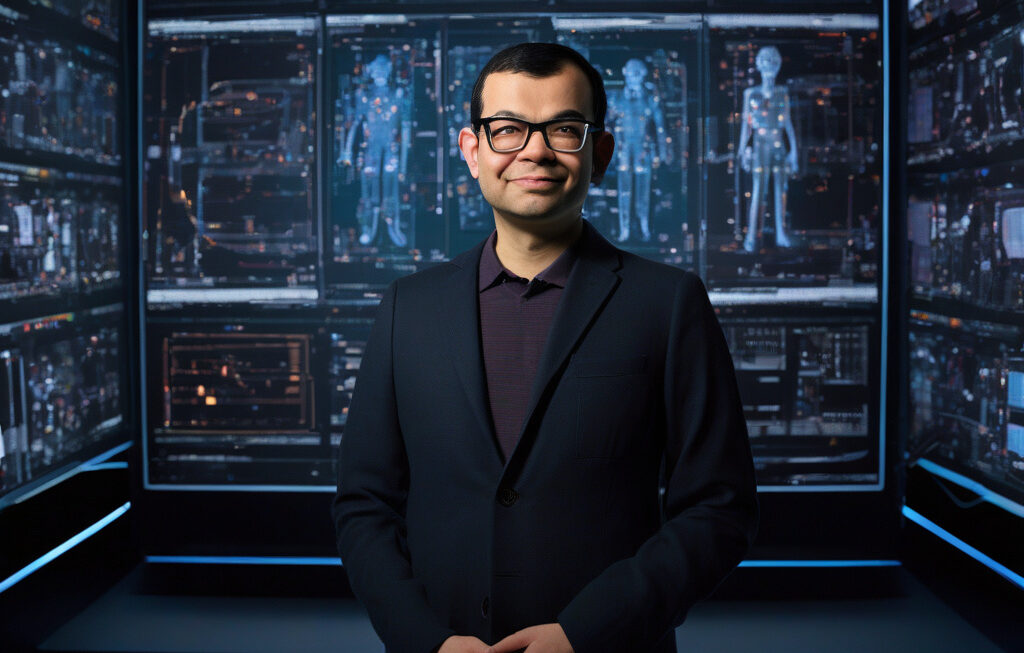AI Upskilling Vital for Singapore’s Job Strategy amid Growing Concerns, PM Wong Cautions of AI Job Threats and Global Tensions
Singapore, known for its forward-thinking approach to technology and innovation, is now facing a critical juncture as artificial intelligence (AI) continues to reshape industries and job markets worldwide. In light of this transformation, Prime Minister Wong has issued a stark warning about the looming job threats posed by AI advancements and escalating global tensions, underscoring the urgent need for upskilling initiatives to equip the workforce with the necessary tools to thrive in an increasingly AI-driven economy.
With AI poised to automate routine tasks and revolutionize traditional job roles, Singapore recognizes the imperative of reskilling and upskilling its workforce to mitigate the potential disruptions brought about by technological advancements. By investing in AI education and training programs, Singapore aims to empower its workforce to harness the full potential of AI technologies and remain competitive in a rapidly evolving job market.
One of the key components of Singapore’s new job strategy is the emphasis on AI upskilling programs designed to equip workers with the skills needed to adapt to the changing demands of the digital economy. By providing training in AI-related fields such as machine learning, data analytics, and automation, Singapore seeks to bridge the skills gap and ensure that its workforce remains relevant and resilient in the face of technological disruptions.
Moreover, Singapore’s focus on AI upskilling is not only driven by the need to address job threats from automation but also by the recognition of AI as a catalyst for economic growth and innovation. By nurturing a pool of AI-literate talent, Singapore aims to position itself as a global hub for AI research and development, attracting investments and fostering a vibrant ecosystem of AI startups and industry players.
In addition to upskilling the current workforce, Singapore is also placing a strong emphasis on integrating AI education into the formal curriculum to prepare the next generation for the AI-driven future. By introducing AI concepts and skills at an early age, Singapore seeks to cultivate a future-ready workforce that is equipped to leverage AI technologies for solving complex problems and driving innovation across diverse industries.
The significance of AI upskilling in Singapore’s job strategy extends beyond individual career development to encompass broader economic and societal implications. By empowering its workforce with AI capabilities, Singapore not only enhances its global competitiveness but also fosters a culture of lifelong learning and adaptability essential for navigating the uncertainties of the digital age.
As Singapore embarks on this transformative journey towards AI upskilling, the government, industry stakeholders, and educational institutions must collaborate closely to develop comprehensive AI training programs that cater to the evolving needs of the workforce. By fostering a synergistic ecosystem of AI talent development, Singapore can pave the way for a sustainable and inclusive future where technology serves as a force for positive change.
In conclusion, as Prime Minister Wong issues a timely warning about the dual challenges of AI job threats and global tensions, Singapore’s strategic focus on AI upskilling emerges as a proactive response to these complex issues. By prioritizing AI education and training initiatives, Singapore is not only future-proofing its workforce but also laying the foundation for a thriving digital economy driven by innovation, creativity, and resilience.
AI upskilling, Singapore, job strategy, technology, innovation












